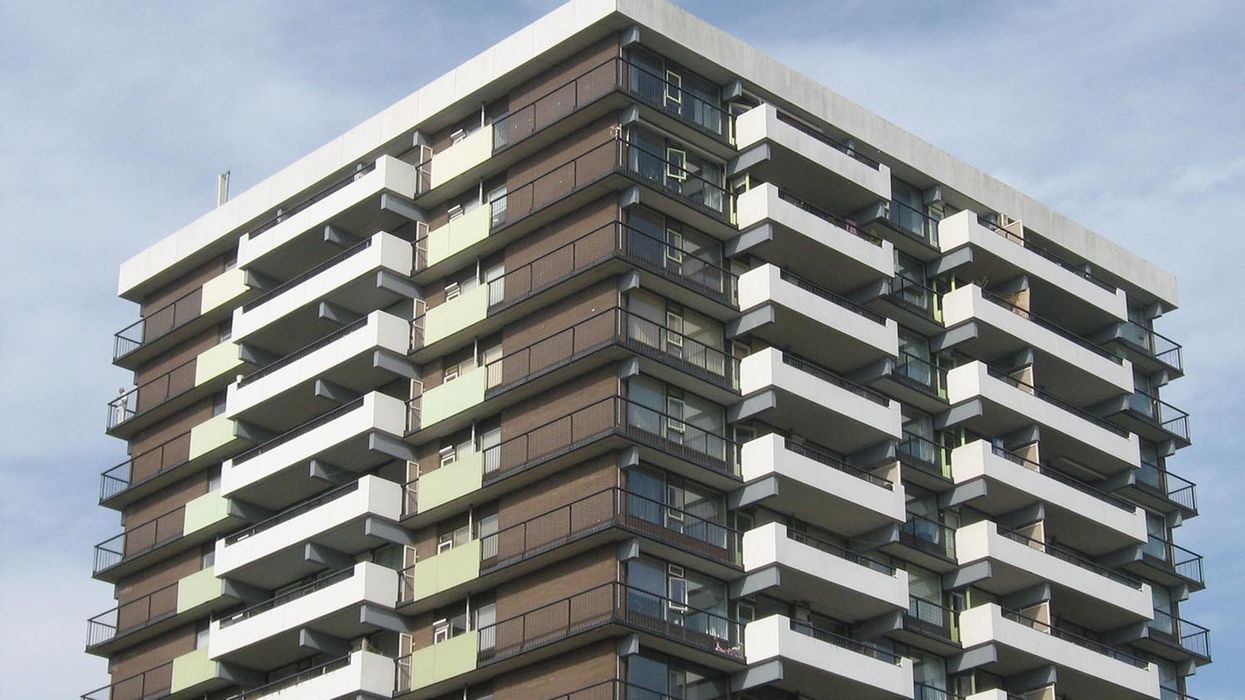No one in their right mind would go so far as to argue The Colosseum needs a revitalization. Some think Toronto's aging stock also demands to be preserved.
The Colosseum, in Rome. The Parthenon, in Athens. Chichen Itza, in Yucatan. All ancient relics to be preserved in their state of decrepitude, praised for their state of disrepair. Places of national pride to the peoples of Greece, Italy and Mexico, and no one would ever dare argue for their revitalization.
What an absurdity it would be to propose adding a new roof to the Parthenon, or new walls to The Colosseum. Could you imagine someone suggesting the addition of a cloakroom to the ground floor of a Mayan temple?
But if you read last weekend’s Globe and Mail, or listened to the so-called tenant advocates in Toronto, you should add the Brentwood Towers in North Toronto to the list of heritage sites to be left untouched.
In fact, if you’ve been following the recent media-fuelled hysteria about the city’s apartment stock (the Globe article which referenced this building and its owners’ pursuit of asset improvements), you would be forgiven if you were left a bit confused by the suggested inviolability of that apartment and a series of decades-old rental buildings dotting the landscape from Scarborough to Mississauga.
Properties, it appears, which are so valued, so sacrosanct, that its owners not lift a hammer, move a wall, or, dare I suggest it, have the temerity to even consider replacing the carpets in the halls. Certainly not, if those efforts are anything but an act of charity.
Saturday’s Globe story ostensibly called out unscrupulous landlords who use false pretenses — landlords who seek to evict on the grounds that they themselves want to move in, only to release the units at a higher rent after the existing tenant vacates, never actually occupying the units themselves. Most concerning, however, are the allegations woven into the story, several paragraphs down the page.
There the Globe’s writers, supported by quotes from tenant advocates, point to an “increase in the number of landlord-tenant disputes over ‘above-guideline’ increases, which are allowed for rent-controlled apartments after landlords do renovations or upgrades”.
Essentially, the charge, which has been tossed around for a while now — usually at statutory city meetings with residents preceding a building owner’s redevelopment application, or at a hearing before the landlord tenant board — is that owners and property managers are only proposing to spend many millions of dollars to revitalize aging rental communities out of greed.
That the efforts to improve suites, common areas and building infrastructure is an act of avarice.
Simply put, as the critics charge, building owners who want to reinvest in their properties are really merely spending more as a means to earn more.
If this spurious reasoning were to be taken to the next level, it’s a safe assumption to believe that these critics would prefer to see no improvements made to existing rental stock, that it’s better to let people live in failing buildings than watch landlords enjoy rewards for the business risks they are taking.
Better to condemn Toronto’s renters to poorly performing, aging and outmoded residences, if modernizing and improving properties requires rents to increase.
The very same people who for decades have been smearing apartment building owners as generally greedy, lazy, unresponsive and often absent, are now determined to discredit responsible owners and managers too, those who are prepared to make badly needed improvements.
It wasn’t so long ago, in Toronto and other places, that landlords would be labelled slumlords for letting their buildings fall into disrepair.
Today, however in the face of building owners willing to make badly needed improvements, the slumlord charge no longer applies. Yet, still desperate to castigate the ownership class, tenant advocates, populist politicians and journalists focused on selling papers in a changing media environment, criticize and condemn property owners, whatever the reality.
Damned if they do and damned if they don’t, Toronto’s landlords face vilification and animosity no matter what they do.
But surely, the double standard faced by today’s apartment owners needs to end, unless we would rather venerate and preserve our “ancient” property landmarks, at the expense of our collective future.





















